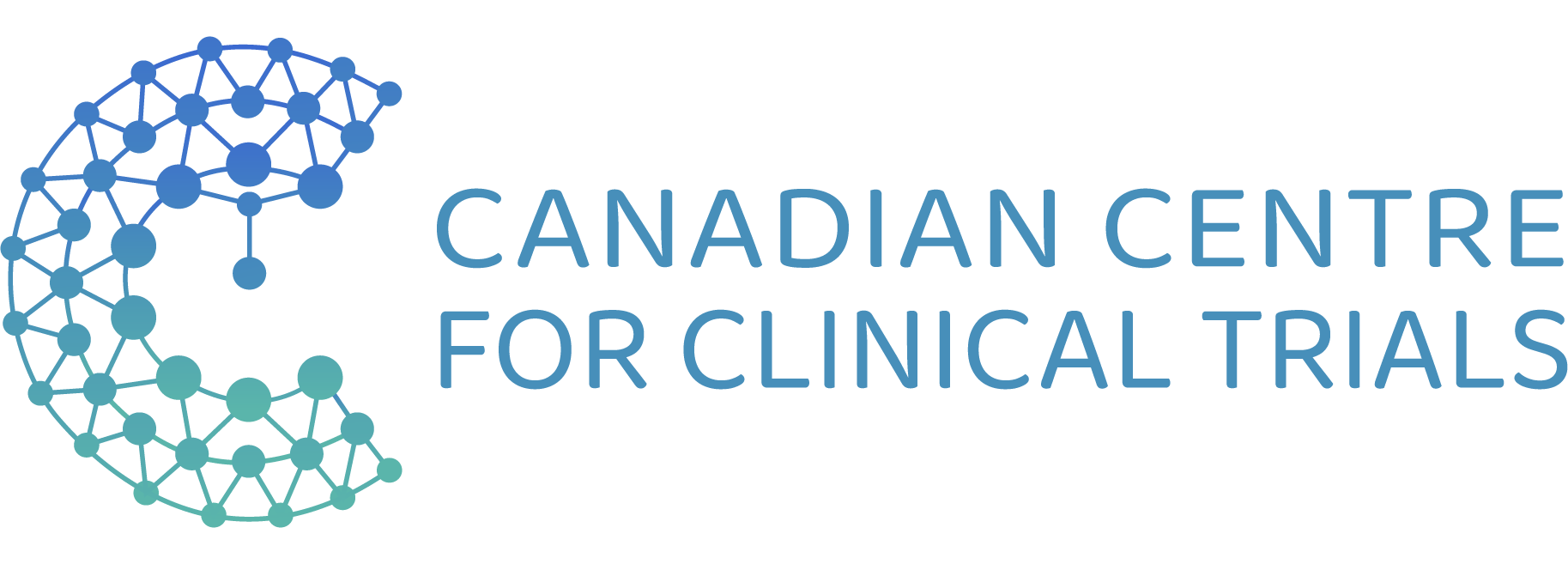Nutrition specialists are now recommending calcium supplements for everyone. Calcium is one of the essential minerals which have been shown to be effective in so many cases including preventing osteoporosis and other conditions.
Cardioprotective effects of calcium
Although some research has demonstrated the protective properties of calcium supplementation in cardiovascular disease, this role is not completely understood, and there remains some controversy in the cardioprotective effects of calcium.
This study, published in the American Journal of Clinical Nutrition, has evaluated the effect of calcium supplementation on the prevention of cardiovascular disease (CVD), stroke, and fractures in the Korean population. The Korean population has a much lower natural intake of dietary calcium than the populations of the previous research.
Conducting the study
The researchers, using data obtained from the Korean Genome Epidemiology Study, have performed a prospective cohort study with an enrollment of 2,158 men and 2,153 women in Korea.
Participants filled out a questionnaire to evaluate their dietary habits and were followed up for a mean time of 9 years. Overall cases of deaths, cardiovascular disease events, fractures, and strokes were recorded during the follow-up period.
Results derived from the study
Based on the obtained results, during follow-up, 242 and 100 deaths, 149 and 150 cardiovascular disease events, 58 and 82 stroke events, and 211 and 292 incident fractures occurred in men and women, respectively.
Dietary calcium intake was associated with a higher intake of fat, protein, sodium, phosphate, vegetables, and fruits.
High calcium intake was correlated with a lower cardiovascular disease event in women.
There was no correlation between calcium intake and stroke, fractures, or all-cause deaths.
In men, there was no correlation between calcium intake and any of the medical events, including cardiovascular disease.
Mechanisms regarding the association between dietary calcium intake and the risk of CVD or stroke are not clear and indicate the need for further research before recommendations can be made for calcium supplementation.
Conclusions about the study
Regarding study findings, authors have concluded that in Korean women, an increased dietary calcium intake was associated with decreased cardiovascular disease events with no influence on the risk of fractures and strokes.
This indicates that calcium supplementation may be beneficial in reducing cardiovascular diseases.
Written by Nima Makhdami, M.D.




